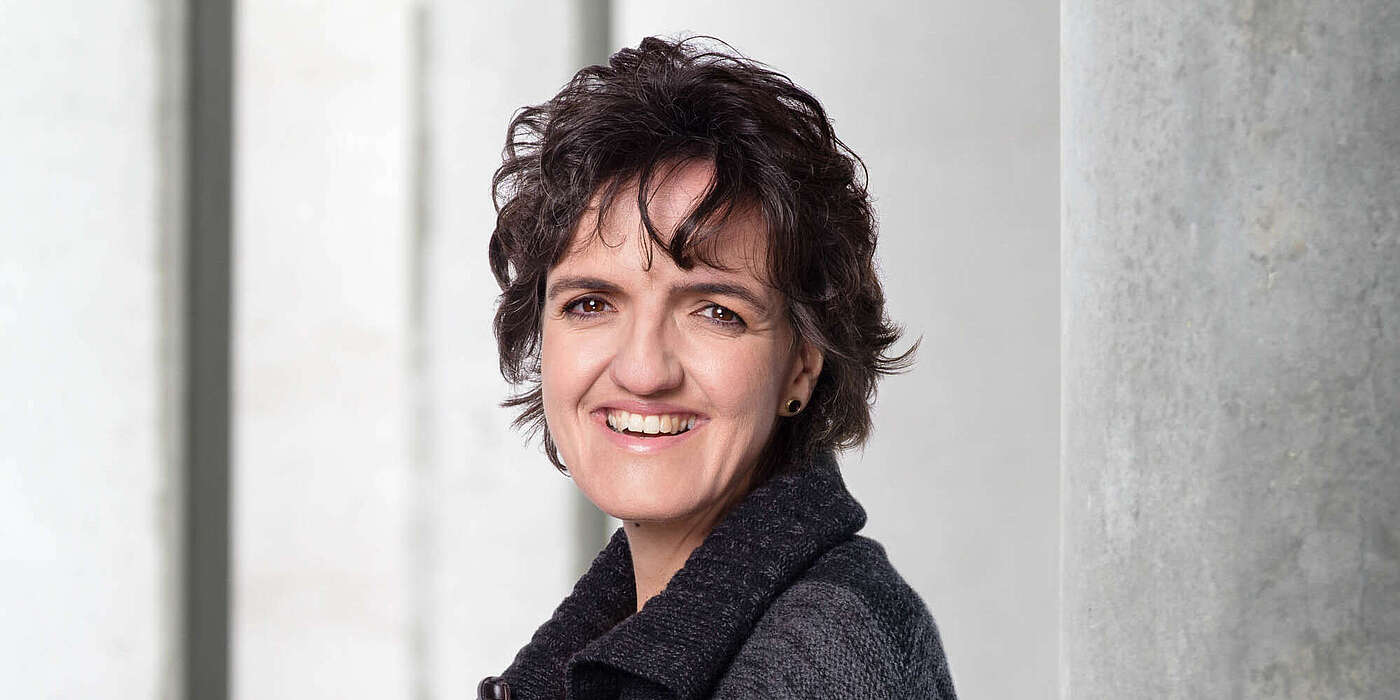The W. Alden Spencer Award is presented annually by the Department of Neuroscience and the Kavli Institute for Brain Science at the College of Physicians and Surgeons of Columbia University, in recognition of outstanding research contributions. Established in 1978, the prize honors the late W. Alden Spencer, a Professor of Physiology and Neurology at Columbia University.
Award recipient Silvia Arber
Prof. Silvia Arber is a renowned expert on neuronal circuits controlling motor behavior. She holds a joint appointment as Professor of Neurobiology at the Biozentrum, University of Basel, and Senior Group Leader at the Friedrich Miescher Institute (FMI). She has received the W. Alden Spencer Award, given by Columbia University, for her exceptional work on the function and development of neuronal circuits controlling movement.
“This Award is very special to me because I performed my postdoctoral work at Columbia University,” says Silvia Arber. “During this time, I laid the foundation for the work that has been subsequently performed in my own lab. So it is wonderful to get recognition for this work from Columbia University, and to go back there to present some of our recent work in a lecture.”
Arber’s team studies the interplay between brain, spinal cord and muscles in order to unravel the secrets of how the nervous system can produce a wide repertoire of motor actions ranging from simple to complex motor tasks. She has provided key insights into the functional organization of motor circuits in the healthy nervous system and the reorganization of neuronal circuits after spinal cord injury accompanying recovery. Arber has been recognized for her outstanding research with many prestigious prizes including the Otto Naegeli Prize (2014), the Louis-Jeantet Prize for Medicine (2017), and this year’s Pradel Research Award.
Award recipient Botond Roska
Prof. Botond Roska has received numerous awards for his outstanding accomplishments in vision science research. Today he is co-director of the Institute for Molecular and Clinical Ophthalmology Basel (IOB), and Senior Group Leader at the Friedrich Miescher Institute (FMI) in Basel. He is also professor at the Medical Faculty of Basel University. He has received the W. Alden Spencer Award for advancing the understanding how the retina transforms images from the outside world into signals that the brain can interpret.
“Vision is a key sense for humans, and dysfunction of the visual system leads to visual handicap or blindness. My laboratory aims to find ways to repair visual dysfunction by investigating the function of the retina, thalamus, and cortex at the level of cell types and circuits, and using the acquired knowledge to understand disease mechanisms and to develop treatments. As a scientist I strive to unite fundamental and clinical research by applying our scientific discoveries to develop effective treatments for patients suffering from vision impairment or loss due to retina diseases,” says Botond Roska. “We use the knowledge we gain to test new therapeutic strategies based on the cellular circuitry of the retina.”
A better understanding of retinal disease will allow us to accelerate the translation of basic science into treatments which change the current practice of ophthalmology. Our goal at IOB is to bridge basic and clinical science in eye research, based on the genetic, structural and functional understanding of the cell types and their interactions within the human eye,” Roska explains.
Contact: Communications



